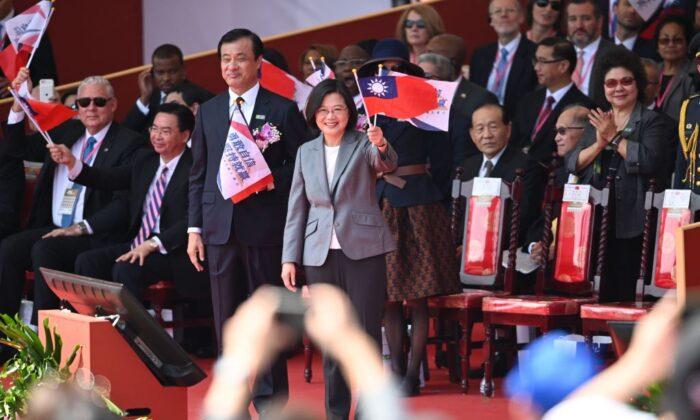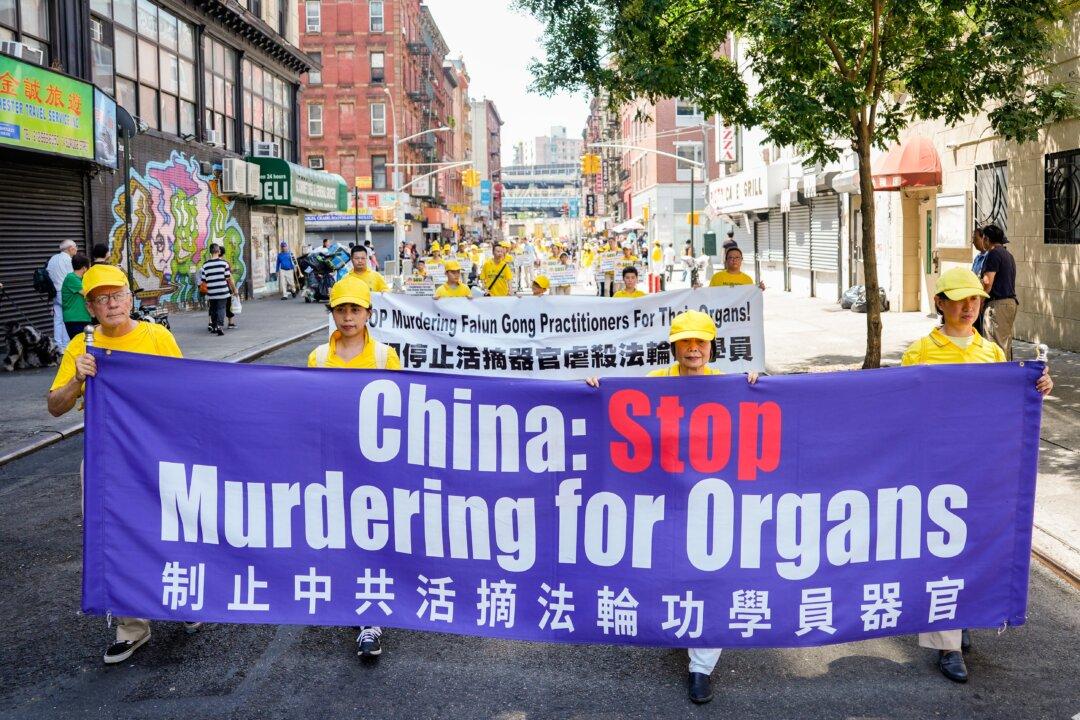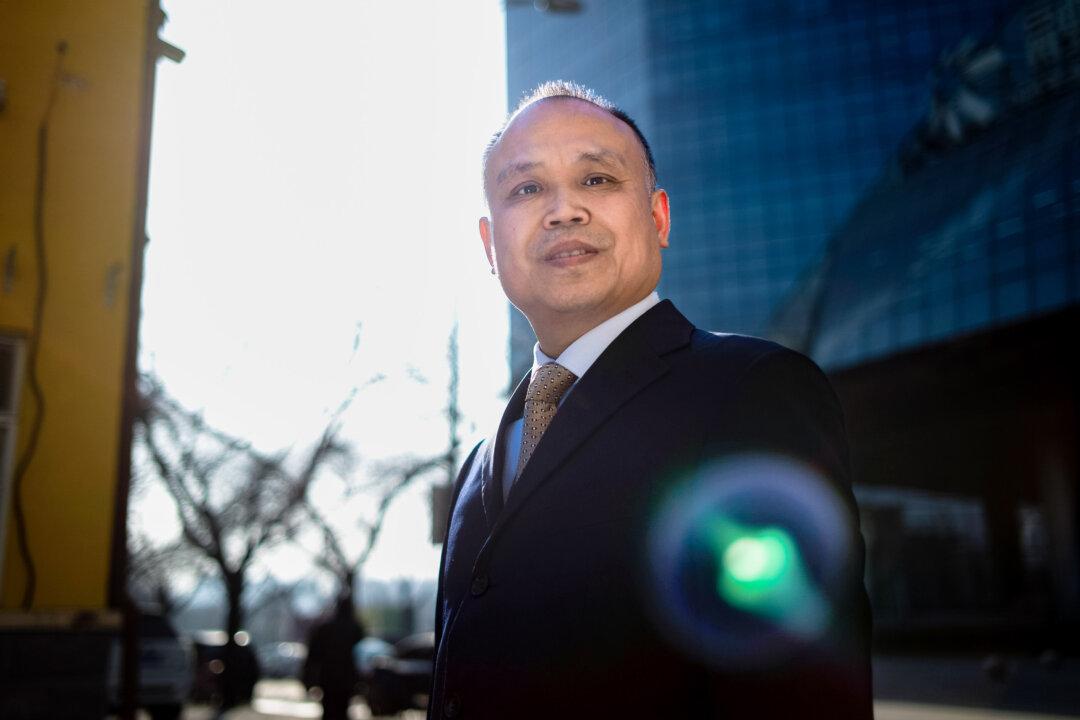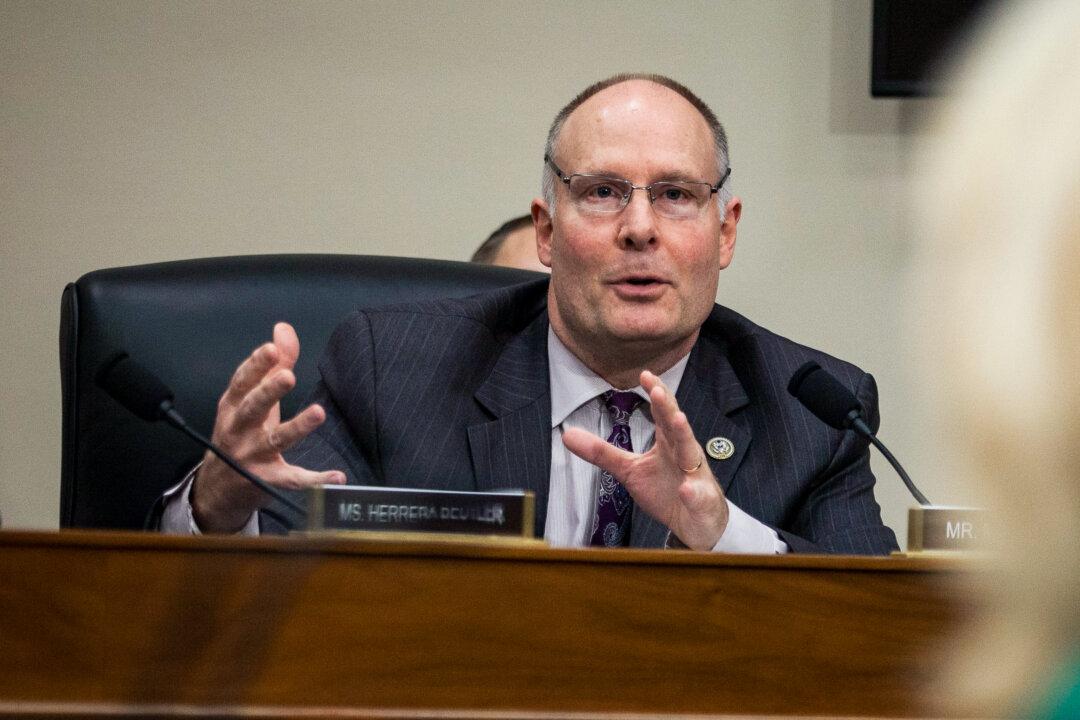The threats imposed by Beijing to the Indo-Pacific region and the importance of Taiwan as a key U.S. ally were highlighted during a Senate hearing on Oct. 16.
The
hearing, the third meeting this year to examine the implementation of the Asia Reassurance Initiative Act (
ARIA), was overseen by U.S Senator Cory Gardner (R-Colo.), chairman of the Senate Foreign Relations Subcommittee on East Asia, the Pacific, and International Cybersecurity Policy.
ARIA was
introduced by Gardner, Marco Rubio (R-Fla.), Edward J. Markey (D-Mass.), and Ben Cardin (D-Mary.) in April 2018, and signed into law by U.S. President
Donald Trump on Dec. 31, 2018. The law authorizes a
budget of $1.5 billion annually for five years to enhance diplomatic, economic, and securities with partners in the Indo-Pacific. Among the law’s mandates is increasing efforts to counter Beijing’s influence in the region.
US Support
ARIA also stresses U.S. partnership with Taiwan, including continuing arms sales to the island for self-defense, and encouraging U.S. officials to go on diplomatic visits to Taiwan in accordance with the
Taiwan Travel Act.
The United States currently has no formal diplomatic ties with Taiwan, since Washington changed its diplomatic recognition in favor of Beijing in January 1979. But the United States is Taiwan’s biggest international supporter.
The United States is also Taiwan’s chief arms supplier, assisting the self-ruled island in defending itself against China, which considers Taiwan a renegade province that must be united with the mainland, by military force if necessary.
“As the Chinese Communist Party (CCP) celebrates 70 years of repression at home and is increasing its malign economic and military activities abroad, the challenge before us today is to successfully adjust U.S. policy to prepare for the era of strategic competition with a totalitarian near-peer adversary that seeks to displace the U.S. in the Indo-Pacific and to challenge U.S. primacy worldwide,” said Gardner, according to a
press release from his office.
“We must not let the CCP shape the future uncontested,” Gardner added.
At the hearing,
David R. Stilwell, the State Department’s assistant secretary for East Asia and the Pacific, warned of China’s growing influence in the region.
“The Chinese Communist Party’s pursuit of a repressive alternative vision for the Indo-Pacific seeks to reorder the region in its favor and has put Beijing in a position of strategic competition with all who seek to preserve a free and open order of sovereign nations within a rules-based order,” he said.
Randall G. Schriver, Assistant Secretary of Defense for Indo-Pacific Security Affairs, said the Pentagon will work more closely with Indo-Pacific allies such as Japan, South Korea, and Australia to defend U.S. interests.
Taiwan
In terms of Taiwan, Stilwell pointed out that Washington and Taipei recently held the inaugural
U.S.-Taiwan Consultations on Democratic Governance in September, to “explore ways to prevent election interference and promote adherence to the rule of law in the region.”
Taiwan will hold its 15th presidential election in January next year. As in
past Taiwanese elections, Beijing is widely expected to again resort to a combination of social media
campaigns, influence operations, and diplomatic maneuvers in an attempt to get more pro-Beijing candidates elected.
Sandra Oudkirk, Deputy Assistant State Secretary for Australia, New Zealand, and the Pacific, recently traveled to Taiwan to take part in the inaugural “
Pacific Islands Dialogue” forum, in accordance with the Taiwan Travel Act.
At the event, “we have repeatedly expressed our concern over Beijing’s actions to bully Taiwan through economic pressure, constraints on its international space, and poaching of its diplomatic partners,” Stilwell said, noting that forum participants discussed ways to better coordinate aid to Pacific nations and help prevent Taiwan’s remaining allies in the Pacific from “taking on unsustainable and opaque debt from China.”
Taiwan currently has 15 diplomatic
allies, after losing the Solomon Islands and Kiribati to Beijing in the past month. Taiwan’s foreign minister
Joseph Wu has said that Beijing offered Kiribati money to lure it into changing diplomatic ties.
He concluded: “We will continue to support an effective deterrent capability for Taiwan” to fend off Beijing’s threats.






Friends Read Free